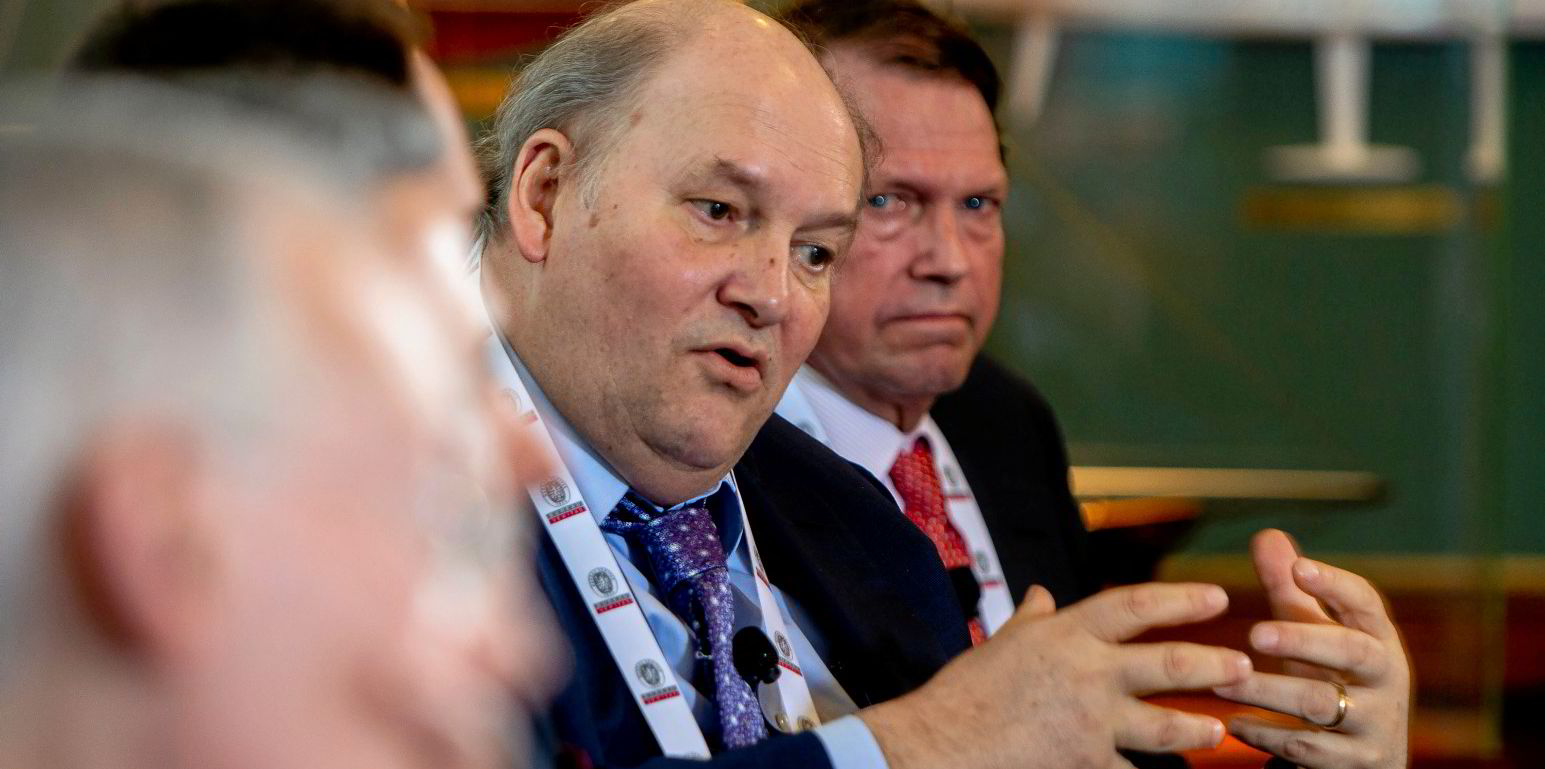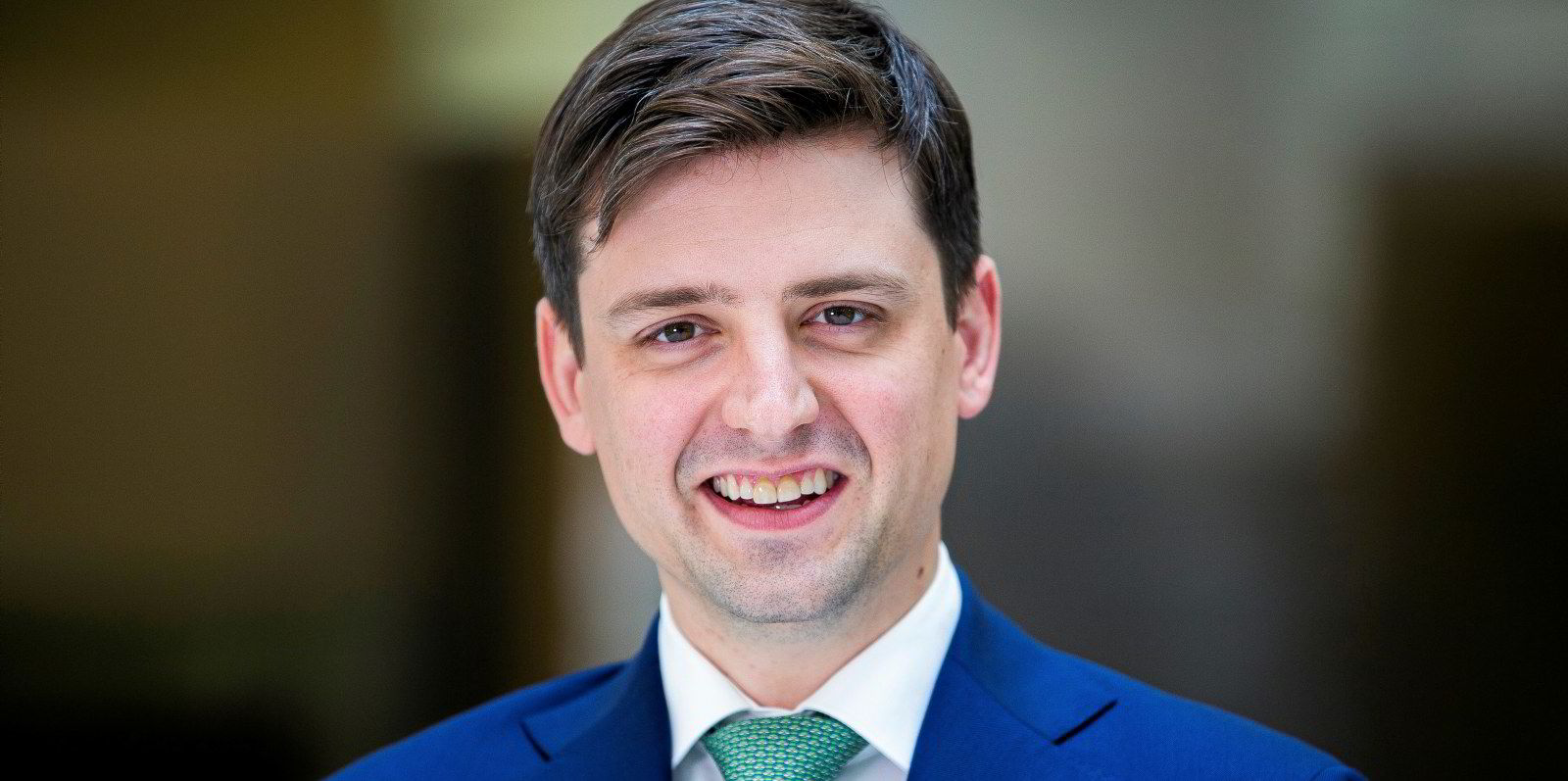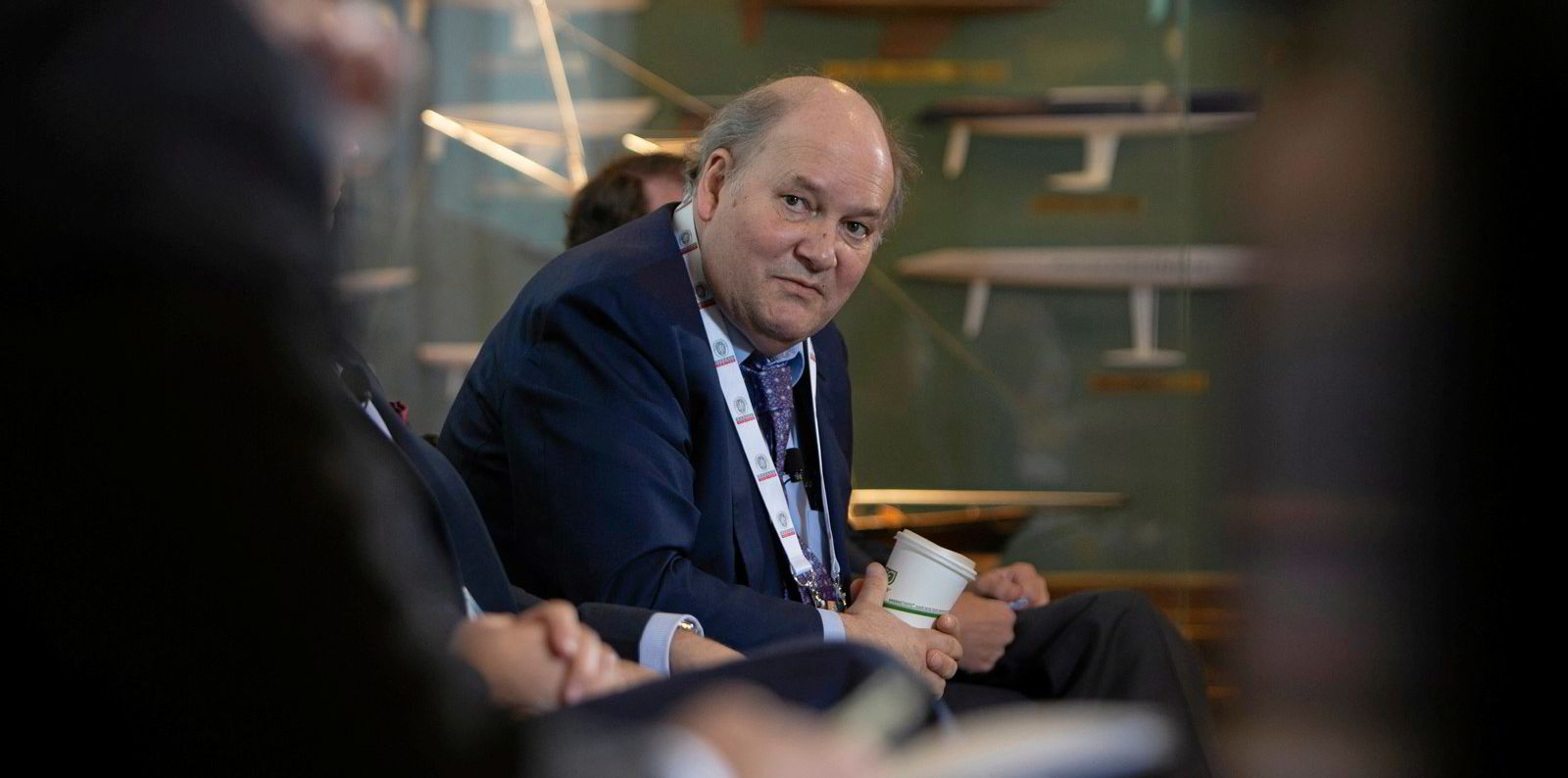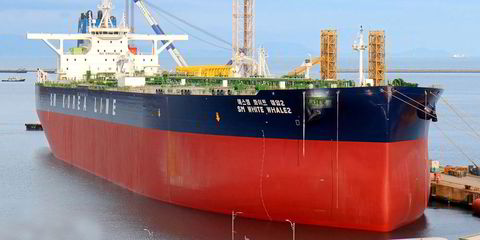Eneti's now-completed $522m acquisition of UK-based Seajacks International sets the stage for an advance in all the key global forums for wind turbine installation vessels (WTIVs), including protected markets in the US and Japan.
While Eneti management played it close to the vest in discussing potential expansion in the US Jones Act market in a call with equity analysts, executives also explained some of the company's current advantages in Japan.
One of the five WTIVs acquired in the Seajacks deal, the Seajacks Zaratan (built 2012), has been operating in the protected Japanese market, which has some similarities to its US counterpart, the executives said.
"It's a very closed market because you can only operate there if you have Japanese flags," explained Eneti president Robert Bugbee on a second-quarter earnings call that focused almost entirely on the company's future.
"There's a limited supply of vessels that are able to assist with almost any type of offshore wind farm-related work. So that includes geotechnical works of every wind farm that every wind turbine has to go in; you have to take a call at each location on the site. So there's quite a lot of preparatory work that would suit Zaratan."
Eneti is well positioned thanks to Seajacks' early entry into that market, he said.
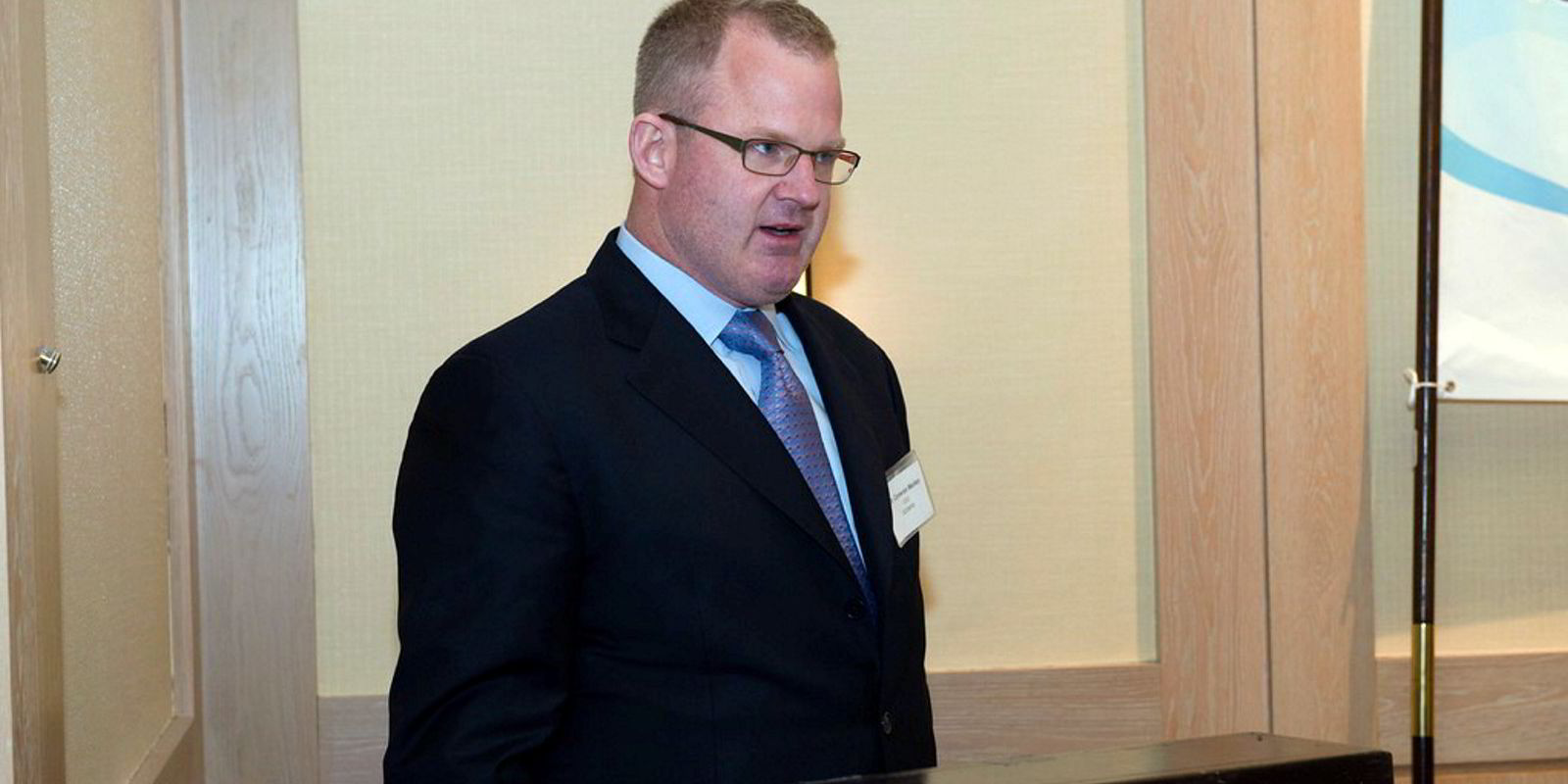
"So really we look at the Japanese, or Zaratan in Japan, as being a capable asset in a very closed market... which has a number of different work streams that it can perform," Bugbee told Clarksons Platou Securities analyst Turner Holm on the call.
Eneti management was guarded in discussing plans for US cabotage expansion. Holm has speculated the owner could leverage Seajacks' existing relationship with Dominion Energy, for whom it is managing construction and operation of the first Jones Act compliant WTIV, the $450m Charybdis, now being built in Texas.
Holm had told TradeWinds that Eneti could buy into an ownership stake in the Charybdis to the maximum 25% allowed by a foreign citizen under Jones Act regulations.
But Eneti chief operating officer Cameron Mackey stepped cautiously around the issue.
"Our first priority is to sit down with Dominion and understand how we can fulfil their expectations and see where the potential may lie to work together going forward. I don't think that our destiny in the States is necessarily tied to Dominion," Mackey said.
"But obviously, it's a very important relationship that we're stepping into. And we certainly are going to give them every benefit of the doubt to understand, what their plans are and aspirations are and it's just very early to draw a line on where that exactly is."
While Eneti's move out of the dry bulk trade and into WTIVs was announced only last August, Seajacks chief executive Blair Ainslie offered a revelation as to how long he has been studying the Jones Act sector on his own.
"Personally, I've been working on the US stuff since 2014. So it doesn't happen overnight. And I'd hate to think that the seven years of work that I've put in personally doesn't give me some kind of head start," Ainslie said.
